It’s not like farmers in India have it easy – they supply and fulfill our most basic and required of necessities, and yet barely make enough money to get by. A large portion of Indian farmers are in heavy debt, leading to an extremely high rate of suicide among them. Historically, at least in the recent past, our farmers have suffered terribly, and truly need holistic assistance to deal with the onslaught of problems they seem to face.
There’s the undependable nature of their jobs itself, wherein a slight change in weather could destroy any chances of crop yield. If they don’t have crops, they can’t make money.
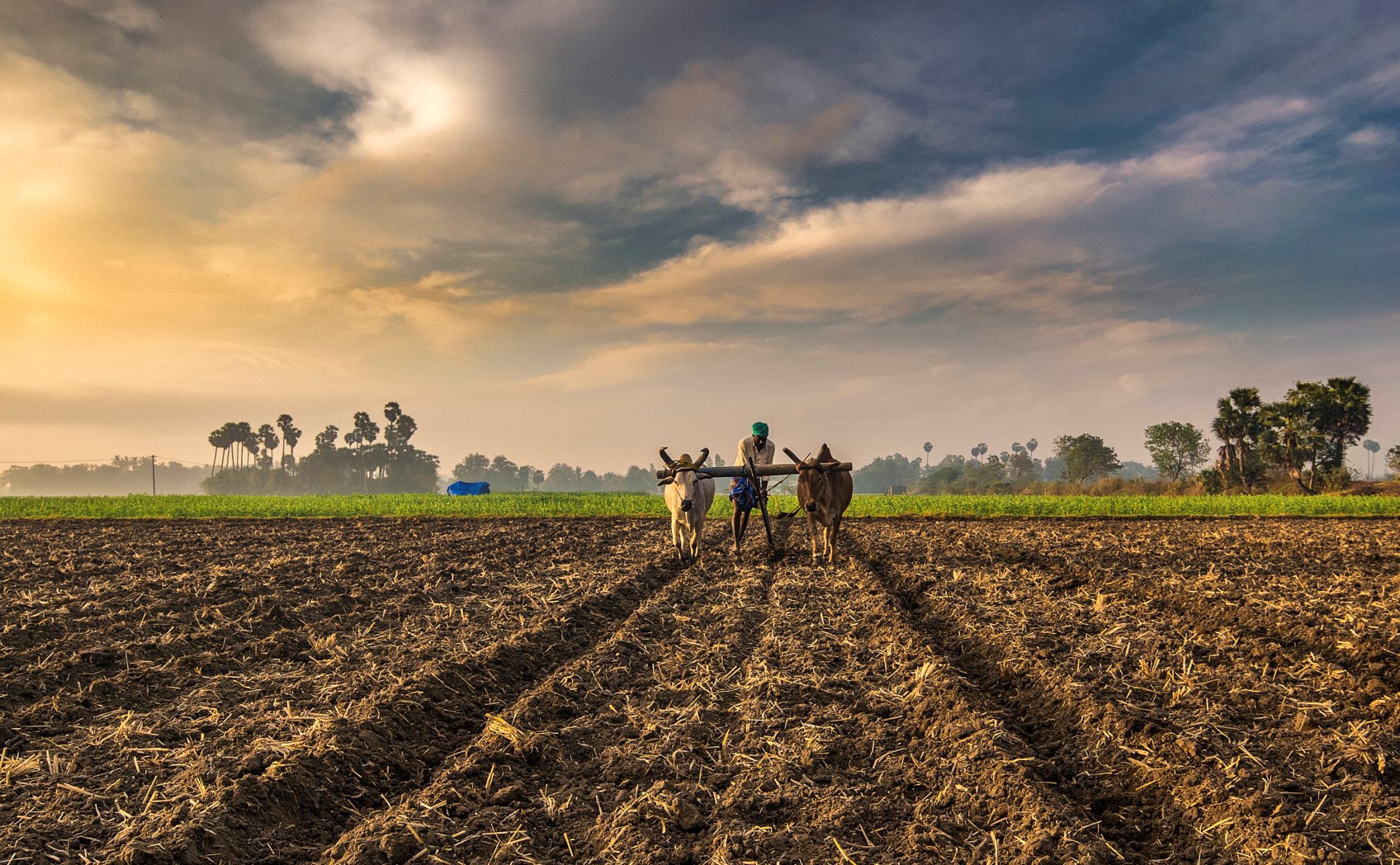
Then there’s the fact that a gruelling heat wave is ripping through North India at the moment, causing widespread suffering and collateral problems.
Some parts of Rajasthan are literally sizzling at 50 degrees. This heat wave is highly worrying, as it is extremely detrimental to crops, especially cotton.
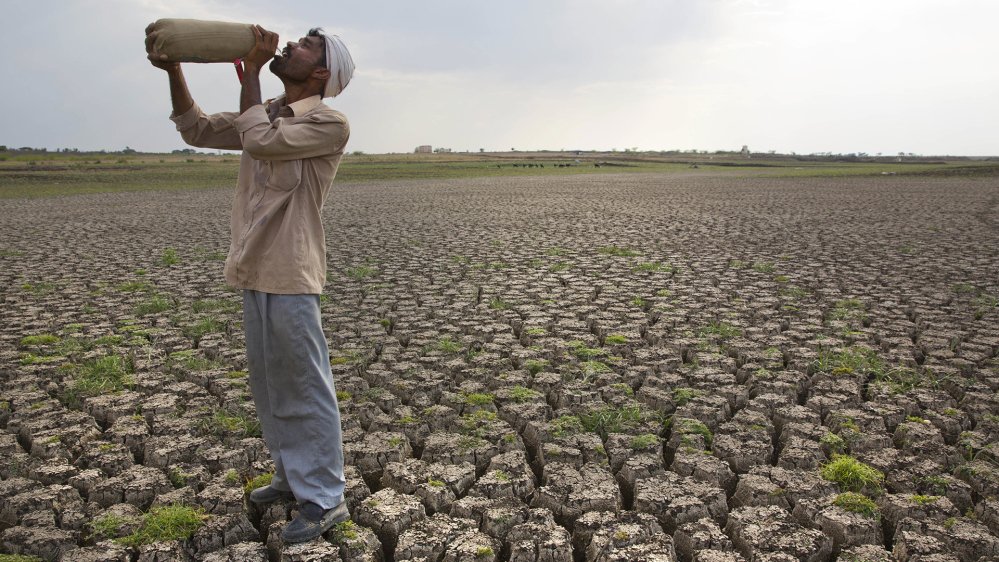
Covid-19 has also had a severely debilitating impact on the lives of farmers, as they had to dump massive amounts of grain and livestock due to safety concerns and low demand.
These people do not have the savings to come back from a loss of this magnitude. Over 60% of the farmers in one study reported a yield loss, and the same percentage of them said that the lockdown has impacted their ability to prepare for the upcoming sowing season. Small/marginal farmers now have a much smaller chance of being able to sell their crops.
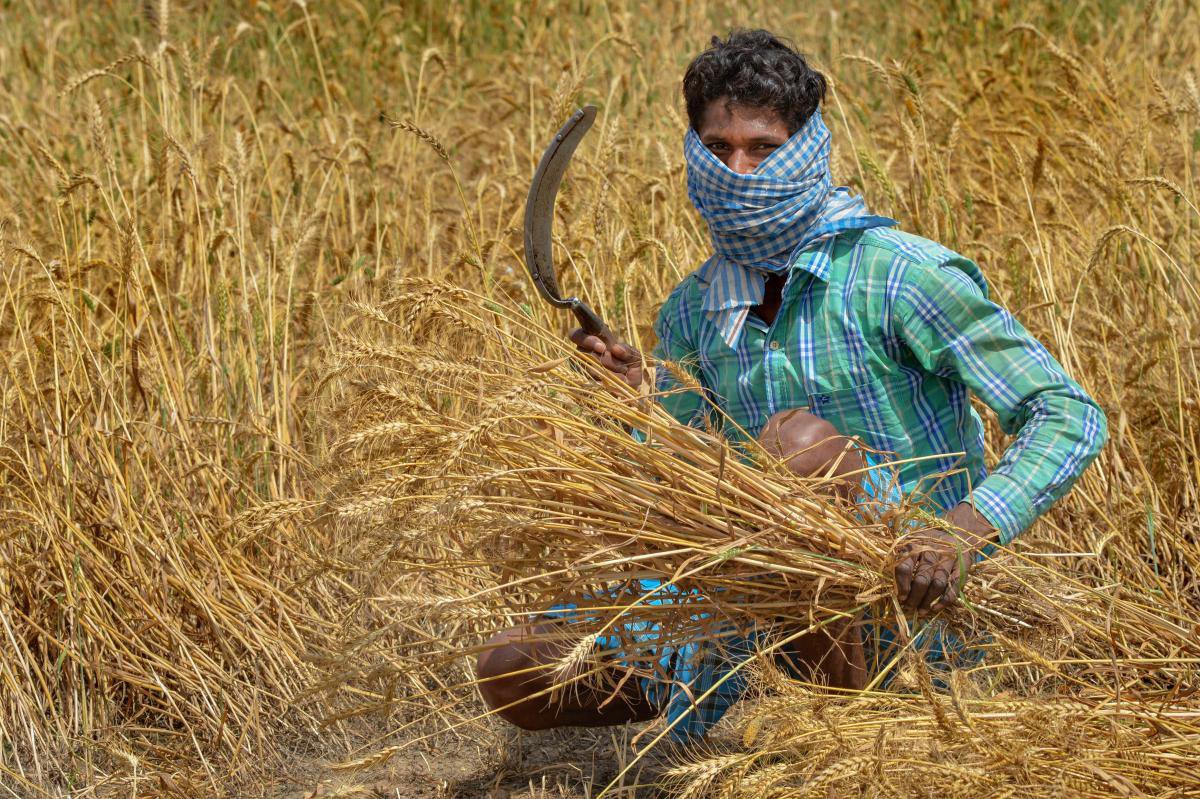
And now, after being battered by all of this, they have locusts to contend with – swarms of hungry crop-consumers that are ravaging their lands and leaving them bone dry.
These migratory pests pose a significant threat to farms, as they can destroy crops meant for over 35,000 people in a single day.
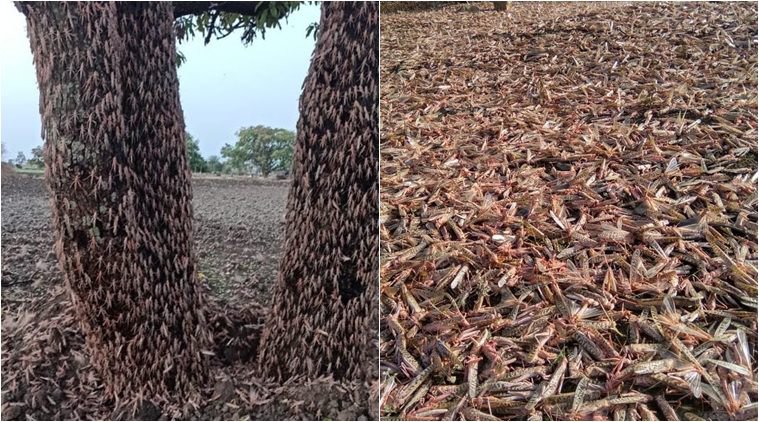
In fact, this massive invasion is India’s worst locust attack in 27 years, causing unparalleled devastation to farmland and massive loss of crops. This is ruining the agro-economy, destroying the lives of farmers.
It’s truly tragic to see the kind of suffering our farmers are being subjected to, at consistently increasing scale. The exponential growth of locusts, who breed voraciously, means this problem is far from over. While large swathes of farmlands are being treated with pesticides, we can’t keep up with the locusts, that travel large distances daily.
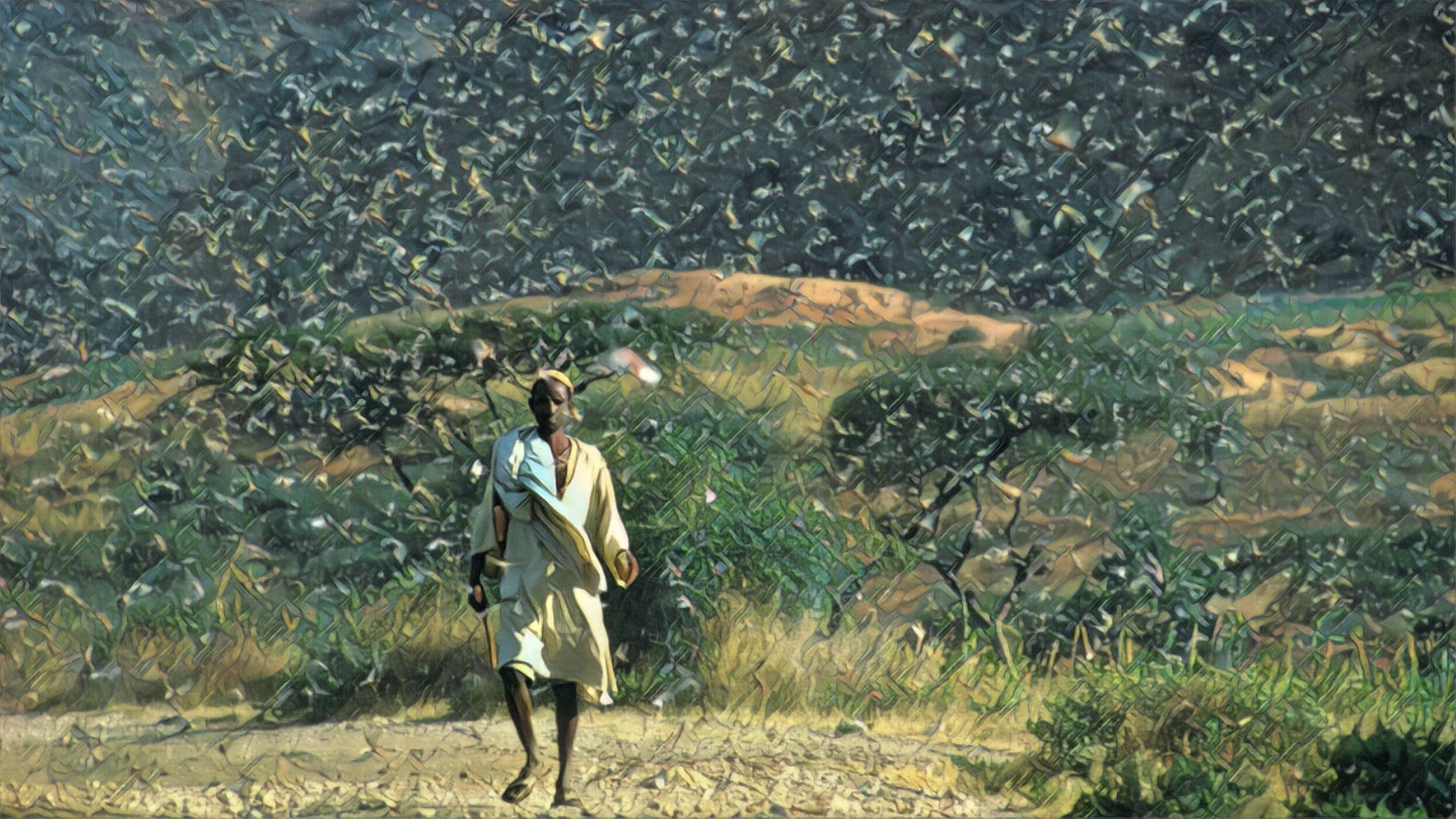
Even spraying pesticides is apparently not a viable solution, and the combined costs of living through lockdown, losing income, and having to pay for chemical treatment of crops is staggering.
Jagdish Prakash, an Uttar Pradesh based farmer, told The Diplomat,
Through our experience, we can say that these chemicals not only harm crops but also fail often to keep locusts at bay. Besides, it is too expensive to buy all this equipment at a time when we’re already struggling with coronavirus.
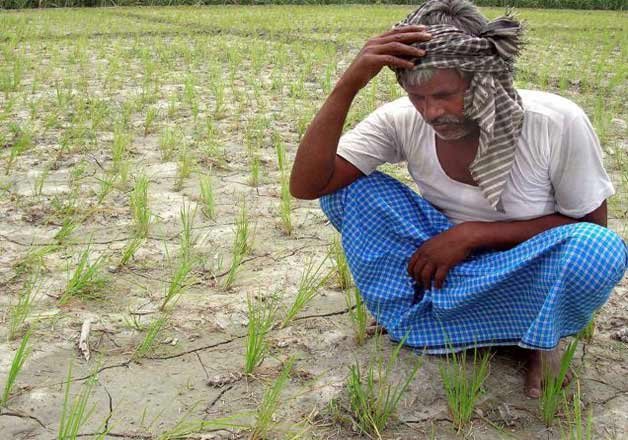
The kind of hardship and distress they are facing, where the bad has just been piling up, is unimaginable for us. We truly need to try and help these providers in any way possible.
There are NGOs we can donate to, such as Haritika and Centre for Sustainable Agriculture. The government must also provide immediate emergency assistance, after all, these are people already in the grips of adversity, they don’t need more hell.
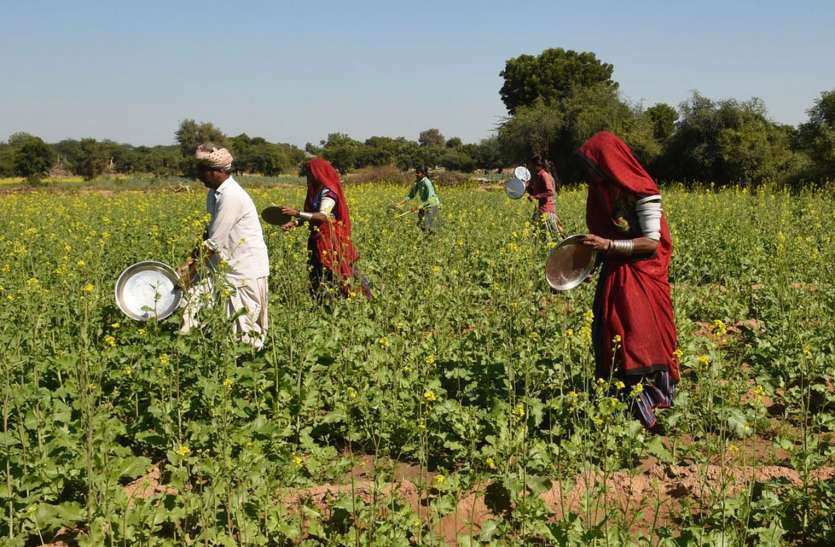
It’s heartbreaking to see what the farmers of India are going through currently, and we must hope that things get better for them soon. They must be provided with relief, assistance, and a dignity of living.

















